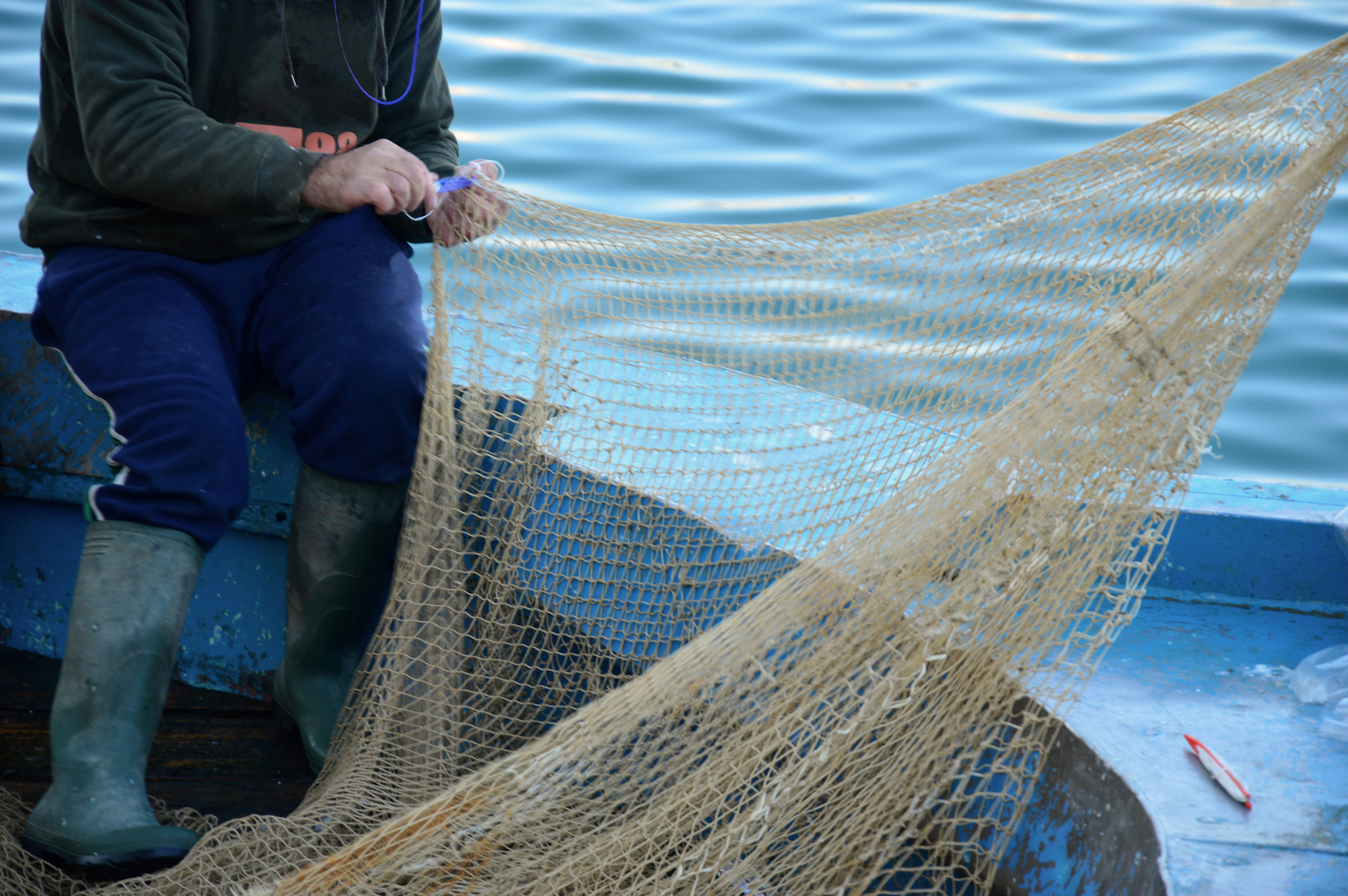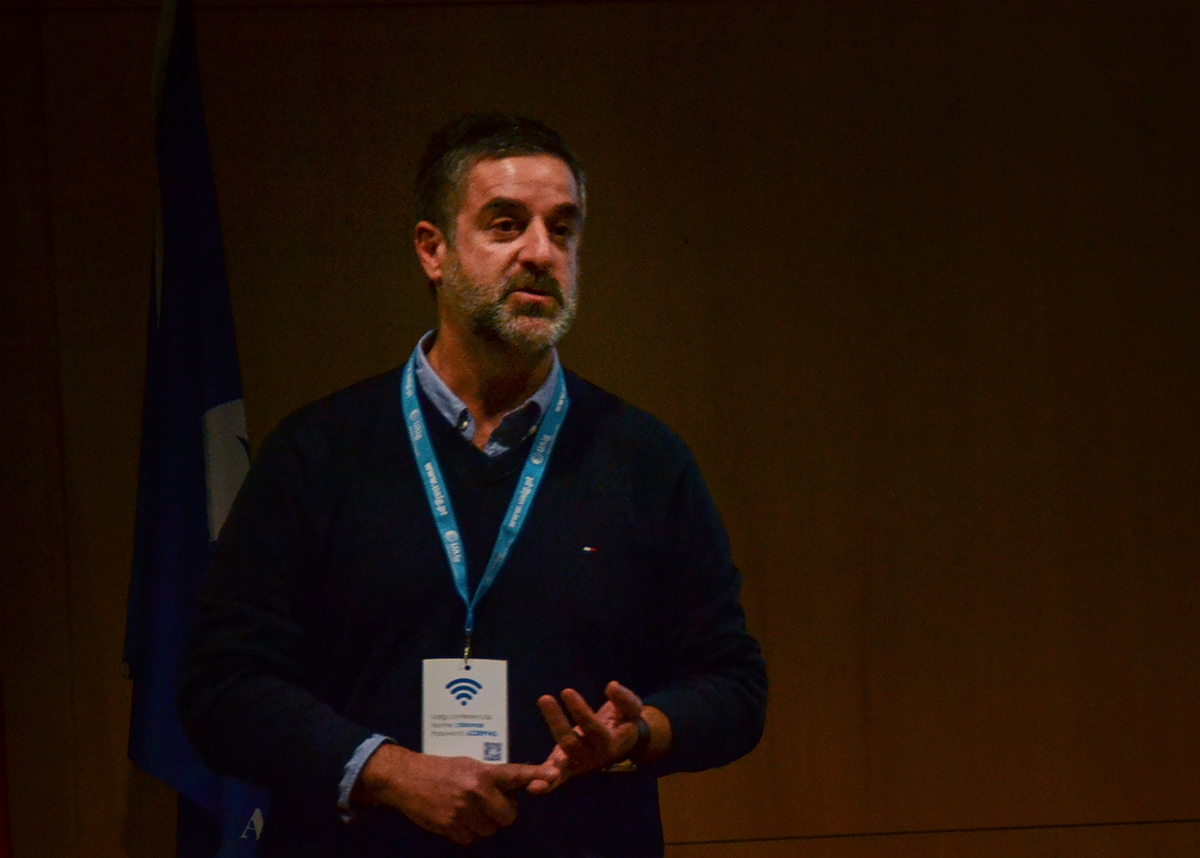
Contamination of fish, an aging population or competition for the use of the marine environment are threats to the survival of artisanal fishing. The researchers believe that the activity will survive in the Algarve, but it will change profoundly and “it will only have a future with a change in the fishermen's mentality”.
O first congress of marine biology, which took place in January, in Faro, brought together specialists in this area to debate the management challenge facing artisanal fisheries.
Margarida Castro, CCMAR researcher at the University of Algarve, believes that «fishers who are able to organize themselves» will manage to survive, not least because «fishing will decline and will end up becoming a very profitable activity for those who know how. reformulate its activity'.
For the researcher, “wild fish must be something of great value, it must be a luxury product. If we are not able to defend the resources, the little that can be caught will be a luxury product».
However, as this is a medium-term scenario, it remains to be seen whether there will be artisanal fishing fleets to take advantage of this valorization of fish, since “it is a very hard life. Imagine what it's like to go out at four in the morning, with the weather not being pleasant in winter, and get on a boat, without a place to go to the bathroom, to cook or rest. And you work, non-stop, until six in the afternoon the next day. When I ask fishermen if their children are fishing, they tell me no. The new generation has managed to get out of fishing, which is an indicator that fishing will not survive like this».
Despite this, Margarida Castro emphasizes that there are exceptions: «there are new people who know how to fish well and are doing very well».

Jorge Gonçalves, also a CCMAR researcher, and used to getting involved with fishing communities in some of his projects, such as on the Toponymy Map of the Algarve Seas, admits that “the trend is for the number of fishermen to decrease, but whoever stays will have better conditions. Note that the average age of Algarve fishermen is 40 and many years old, but there will always be some until the last fish. I don't know if the social status will go up that much, but it will change».
There is also the contamination of fish that threatens artisanal fishing and, for Margarida Castro, “this is the greatest threat. Taking into account all types of contaminants that have been entering the food chain, there are a number of species that should no longer even be eaten. This is a greater risk even than managing resources».
The Portuguese Institute of the Sea and Atmosphere (IPMA), which for some years has also included researchers from the former IPIMAR, has the « function of trying to keep small fishing, but it will only have a future with a change in the fishermen's mentality», believes Miguel Gaspar.
For the researcher, fishermen “have to think that it is not just a question of asking for information, they also have to give it, namely in relation to fishing effort. They must provide information to institutes and universities, otherwise, with the competition that exists in the use of the marine environment, they remain in the background and are harmed».
Miguel Gaspar says that fishermen “will be left without fishing areas and, that yes, it will end communities and fishing itself. They have a fundamental role, which involves working with us, giving information, without fear. The survival of artisanal fishing goes a long way around”, he concludes.


















Comments